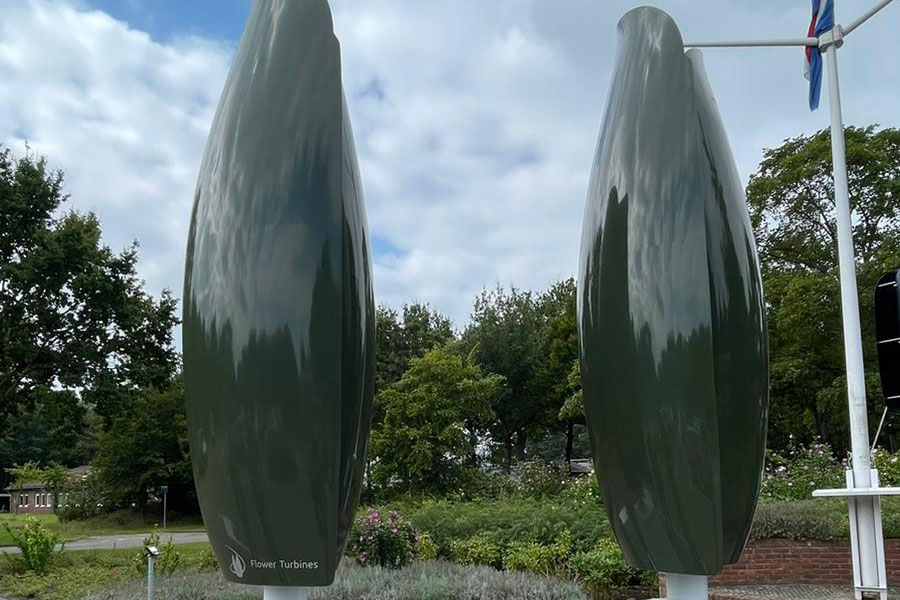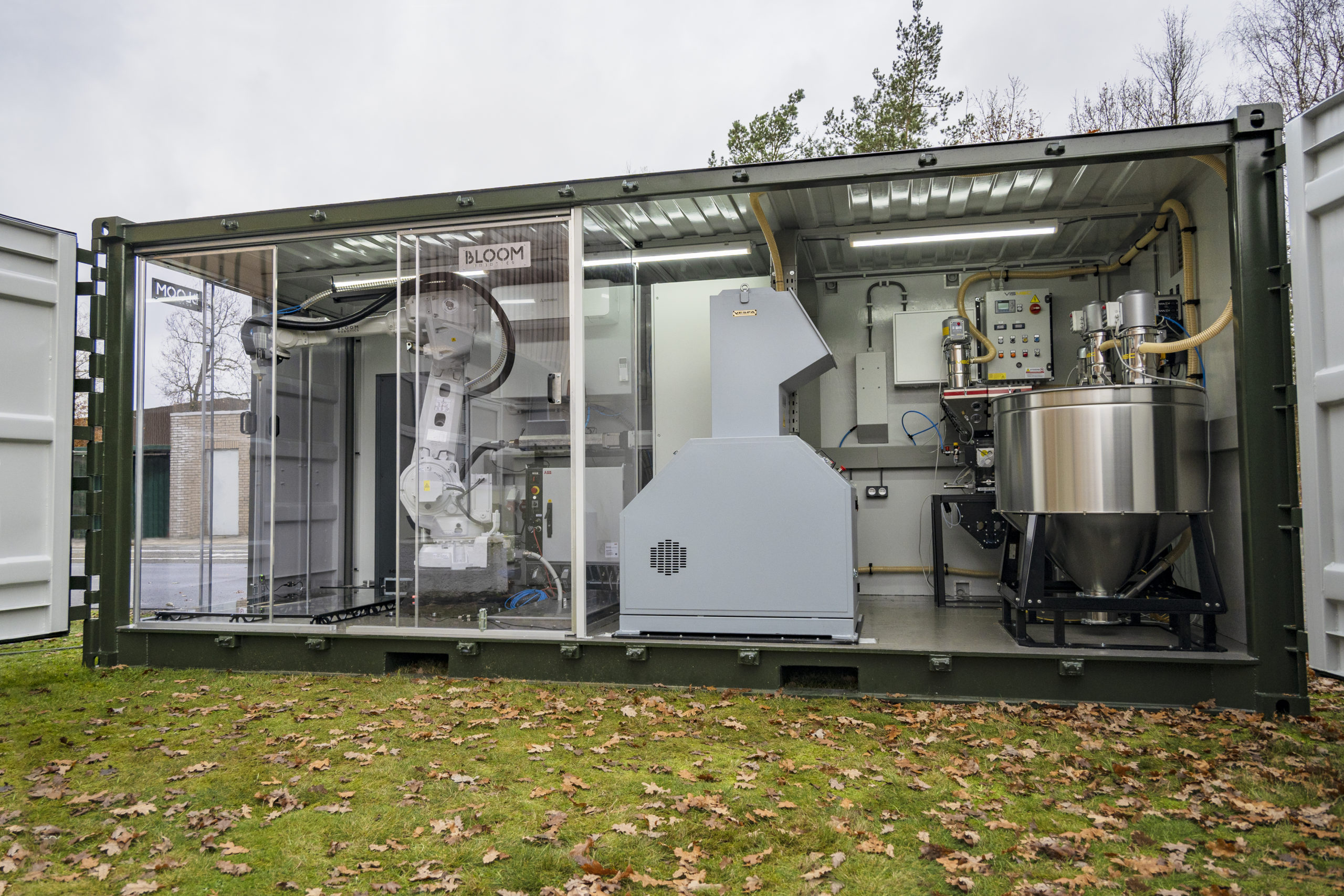
‘Rotterdam-based RDM is the ideal pilot location for innovations’
Showcase
Lars de Graauw, Ministry of Defence innovation manager, knows from experience that you don’t readily encounter innovative businesses and start-ups from inside a military base. That is why he prefers to take the initiative. Together with his project partners, he finds himself at the Innovation Dock on the RDM site, which will be the home base of the MINDbase project: ‘MIND stands for Military Innovation by Doing. The name says it all: we prefer a hands-on mentality and that is what you find in Rotterdam.’
‘MINDbase has proved to be so successful in Rotterdam that we will now also be starting pilots in Twente and Eindhoven’. Being the MINDbase project coordinator, Lars’ work now largely takes place at the Innovation Dock on the RDM site. MINDbase is an initiative of Defence Material Organisation (DMO) in cooperation with TNO, NLR and MARIN where start-ups, knowledge institutions and the Ministry of Defence work together on innovations.
Largest calibre cannon
Lars explains: ‘At the RDM Innovation Dock, I meet innovators and start-up representatives. However, this location also harbours quite a lot of military history and that is why it suits our purposes perfectly. The first prototype of a reconnaissance vehicle, a CV90 battle vehicle modification for personnel transport destined for Estonia, a digital mine as well as the largest calibre armoured howitzer; the history of their development all took place the RDM site.’
Windmills on military air bases
With enthusiasm worthy of an innovation manager, Lars tells the stories of the innovations deployed since November 2019, when MINDbase was started: ‘With us, it always starts with an internal customer. For example, my colleagues at the Woensdrecht military airfield asked about the possibilities for compensating nitrogen emissions. After a guided tour of the RDM site, they were drawn to the Flower Turbines innovation. These are low windmills in the shape of a tulip that remain out of the reach of aeroplanes and are invisible to radar. We are now working on a one-year experiment whereby these Flower Turbines with heights of 1, 3 and 6 metres have been installed on a 20 ft. container base. Using this container, we can transport the windmills and measure the energy that they generate. In addition to Woensdrecht, it is also conceivable that we will be deploying windmills in mission areas or in Natura 2000 areas where military exercises are held but where the use of diesel engines is undesirable.

Recycling and re-use in mission areas
There are further issues that require innovative solutions in mission areas: ‘On a military base in Afghanistan or Mali, for example, we have to deal with approx. 300 kg of PET bottle waste every day. These countries lack a waste processing system, yet we are compelled to process the waste according to Dutch legislation. Normally, this waste would be returned to the Netherlands by aeroplane. But now, thanks to the Rotterdam start-up Bloom Robotics, we have at our disposal a 6-axis robot arm which uses the PET waste to 3D-print chairs and tables. In collaboration with Delft University of Technology, a connectable building-block system has also been developed using this waste. These blocks can be filled with sand and used for house construction.’

Smart sharing of sonar data
Closer to the MINDbase home base, a pilot for the sharing of sonar data has been started in Rotterdam: ‘We started this pilot following a creative session with the Rotterdam harbour police. It can occur that on one day the Municipality of Rotterdam maps out all underwater structures and the next day a police vessel has to do exactly the same because a car has been reported as having driven into the water, for example. Anyone can understand that the mere sharing of sonar data yields a substantial gain of time. A data platform has been set up in the meantime and it is being accessed by an increasing number of public institution users.’
Students are doing their part
Before getting involved in MINDbase, Lars – originating from the province of Brabant – had no particular affinity with Rotterdam. But now that he works there, he has lost his heart to the city. He greatly admires the Rotterdam entrepreneurial spirit and he is now asking not only small and medium-sized enterprises, but also students to commit themselves to innovation issues. For example, nine students of Rotterdam University of Applied Sciences are currently working on the request to build a 3D printer which, using raw materials, can quickly build houses in mission areas. In short, Rotterdam remains an incubator for innovation as far as Lars is concerned, with Twente and Eindhoven following in rapid succession.


